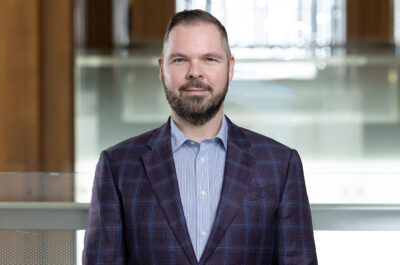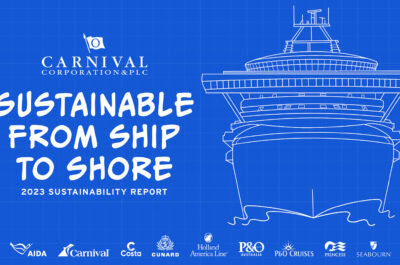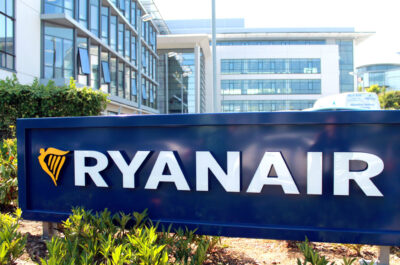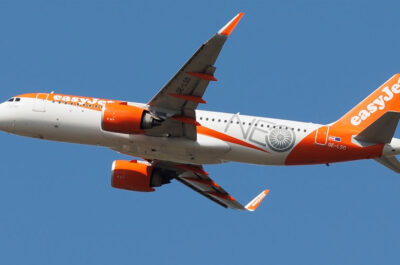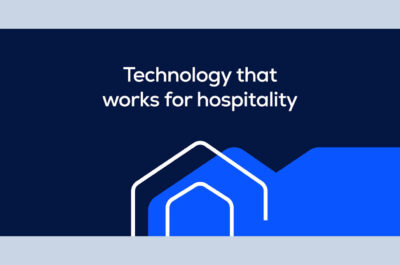…
 Knowledge, skills and competencies are needed to compete successfully in a global labour market. Particularly during the current global economic downturn, it’s important to know which knowledge, skills and competences will help people find or keep a job. Future skill needs are high on Europe’s policy agenda as the European Commission stresses the need for Europe to do more to anticipate changing skill needs.
Knowledge, skills and competencies are needed to compete successfully in a global labour market. Particularly during the current global economic downturn, it’s important to know which knowledge, skills and competences will help people find or keep a job. Future skill needs are high on Europe’s policy agenda as the European Commission stresses the need for Europe to do more to anticipate changing skill needs.
“The severity of the financial crisis adds an exceptional degree of unpredictability about the future of the world’s economy-yet in order to put Europe on the road to recovery it is essential to enhance human capital and employability by upgrading skills… (and) ensuring a better match between the supply of skills and labour market demand….” According to the European Commission publication New Skills for New Jobs: Anticipating and matching labour market and skills needs, published at the end of December 2008.
How do we upgrade skills and understand the labour market demand? Through education and continual research, of course. The importance of investing in education, research and skills cannot be overstated at times of economic crisis, and the need for lifelong learning cannot be over-emphasized! “Lifelong learning is more than just a catchy phrase” the European Commission report mentions. “It is about upgrading low skilled adults in the workplace, re-educating workers with mismatched skills and raising aspirations for young people.”
According to the same report, Europe has experienced a general shift away from the primary sector (especially agriculture) and traditional manufacturing industries towards services and the knowledge-intensive economy. Forecasts confirm that this trend is likely to continue as a key feature over the coming decade across Europe. Although employment in many new EU Member States still relies to a great extent on agriculture and manufacturing, there are clear signs that this is changing rapidly. This reflects shifting patterns of activity and people as capital and labour adjust to changing political and economic situations. These patters of change are expected to continue and will have significant implications for the occupational skills needed in the future. “Over 20.3 million additional jobs are expected to be created between 2006 and 2020 in the EU-25* (EU-25 plus Norway and Switzerland). This is despite the loss of well over 3 million jobs in the primary sector and almost 0.8 million in manufacturing.”
The good news is that the European Commission report cites the hotel and catering industries as growth areas and employment in this field is projected to grow by more than 4.5 million over the next decade. Furthermore, expansion of high- and medium-level skilled occupations is expected to continue over the next decade and the demand for high- and medium-level skilled workers is also likely to grow, as the analysis of the EC report of future skills requirements shows.
Knowing that our hospitality and tourism industry is resilient and will continue to grow into the future now is the time for hoteliers, and in fact everyone involved in all sectors of the industry, to invest in their people by spending time on training them and offering them professional development opportunities. One way of contributing to their knowledge and skill development is through Distance Learning programmes that employees can enroll on without having to interrupt their employment. These programmes do not cost much yet they can broaden the professional horizons of employees, enrich their knowledge, enhance their accumulated experience with world-class, highly recognized certificates or diplomas that will motivate them and brighten their future career development.
Employees may also opt to enroll on a postgraduate programme of study at a close-by university or college and complete the requirements of a respectable degree in a discipline related to business management and/or leadership. The aim of such a degree programme is to develop in students a functional knowledge in business and leadership, skills and practices, including managing crisis. This demands innovative approaches and the operation of an advanced functional capacity very much needed in this time of drastic changes. Another aim is the critical exploration of the complexities of the industry with advanced levels of theoretical and applied research. The purpose of these priorities is to equip graduates of the programme with the ability to critically analyse industry sectors from differing leadership and operational perspectives, and to offer solutions especially at times of crisis. Leadership is a kind of subject that rises to the top in times of crisis.
It is true that the world is now facing many challenges including the knowledge economy, globalization, ageing populations, urbanization and the evolution of social structures as well as the shift to a low-carbon economy. Hospitality and tourism enterprises that will be able to face these challenges and survive are those that employ knowledgeable leaders who are highly skilled and are visionaries, who are creative in finding new ways of doing things, achieving organizational goals, and are at the same time able to adjust their skills constantly to on-going global changes and challenges. Times of crisis usually create opportunities to think about strategy and to prepare for the future. Times of crisis require leaders who can focus on revenue and distribution management, make intelligent decisions for the long-term, manage change, and invest in their people who are the core of any business, especially ours-the hospitality and tourism business! Now is the time to prepare for the better times ahead!
Sybil Hofmann FIH, President, Alpine Center, the Swiss Business School for Hotel & Tourism Management Education in Greece.

































































































































































